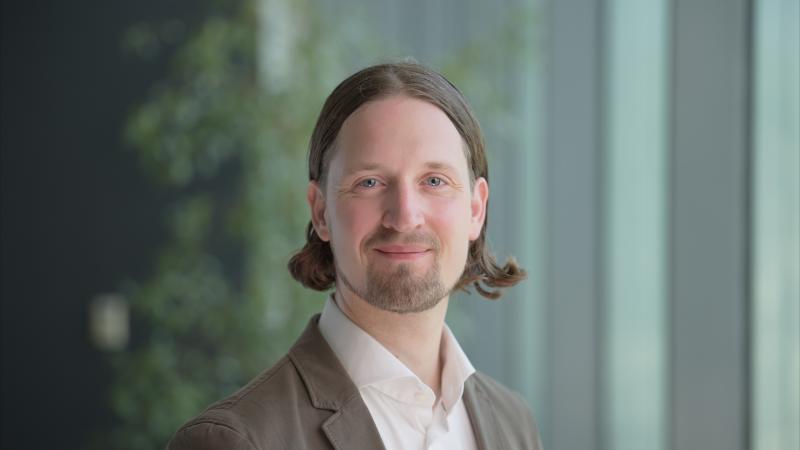Erik von Schwerin participated in the conference ADMOS 2023 with a talk based on the paper Goal-Oriented Adaptive Finite Element Multilevel Monte Carlo with Convergence Rates. This 11th iteration of the ADMOS conferences was held in Gothenburg, Sweden, on 19-21 June 2023. It attracted a strong international group of researchers and practitioners in adaptive modeling and simulation.
Abstract:
In this study, we present an adaptive multilevel Monte Carlo (AMLMC) algorithm for approximating deterministic, real-valued, bounded linear functionals that depend on the solution of a linear elliptic PDE with a lognormal diffusivity coefficient and geometric singularities in bounded domains of ${\mathbb{R}}^d$. Our AMLMC algorithm is built on the results of the weak convergence rates in the work [Moon et al., BIT Numer. Math., 46 (2006), pp.~367--407] for an adaptive algorithm using isoparametric d-linear quadrilateral finite element approximations and the dual weighted residual error representation in a deterministic setting. Designed to suit the geometric nature of the singularities in the solution, our AMLMC algorithm uses a sequence of deterministic, non-uniform auxiliary meshes as a building block. The above-mentioned deterministic adaptive algorithm generates these meshes, corresponding to a geometrically decreasing sequence of tolerances. In particular, for a given realization of the diffusivity coefficient and accuracy level, AMLMC constructs its approximate sample using the first mesh in the hierarchy that satisfies the corresponding bias accuracy constraint. This adaptive approach is particularly useful for the lognormal case treated here, which lacks uniform coercivity and thus produces functional outputs that vary over orders of magnitude when sampled. Furthermore, we discuss iterative solvers and compare their efficiency with direct ones. To reduce computational work, we propose a stopping criterion for the iterative solver with respect to the quantity of interest, the realization of the diffusivity coefficient, and the desired level of AMLMC approximation.
From the numerical experiments, based on a Fourier expansion of the diffusivity coefficient field, we observe improvements in efficiency compared with both standard Monte Carlo (MC) and standard MLMC (SMLMC) for a problem with a singularity similar to that at the tip of a slit modeling a crack.




